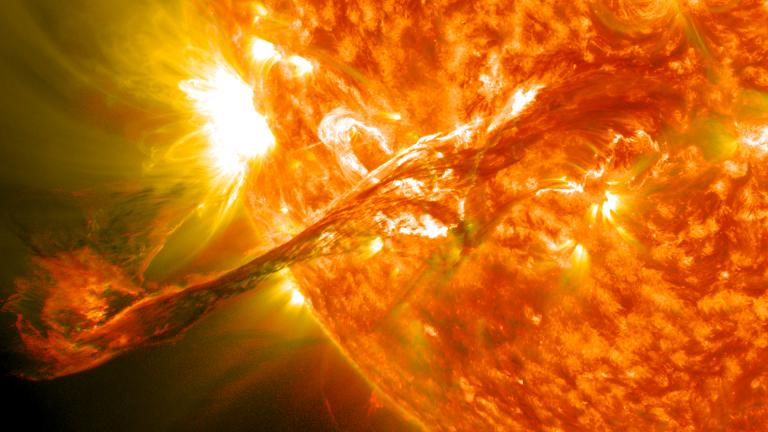
A new article appeared today on the website of the Interpreter Foundation. It was written by Jared R. Stenson:
Abstract: How does God relate to time? How do we? Modern science and revelation offer distinctive and fascinating perspectives to these questions. Specifically, the physical mechanisms underlying time have doctrinal parallels, they appear to be operative at the Fall, and they correlate with several phenomena that make God’s mercy possible.
The two epigraphs that preface Dr. Stenson’s article are noteworthy:
Time is clearly not our natural dimension … Whereas the bird is at home in the air, we are clearly not at home in time — because we belong to eternity! Time, as much as any one thing, whispers to us that we are strangers here. – Elder Neal A. Maxwell
People like us, who believe in physics, know that the distinction between past, present, and future is only a stubbornly persistent illusion. – Albert Einstein
***
It’s probably worth mentioning this Brigham Young University research effort once again, especially as we near the beginning a new school year:
***
In spare moments, I’ve been reading a little booklet that I bought in Colorado two or three weeks ago: William E. Carroll, Creation and Science: Has Science Eliminated God? (London: The Incorporated Catholic Truth Society, 2011). William Carroll is (or, anyway, was) the Aquinas Fellow in Theology and Science at Blackfriars, in the University of Oxford.
Carroll cites a once-prominent German chemist by the name of Heinrich Caro (1834-1910) as having declared, at the opening of the twentieth century, that “science has conducted God to its frontiers, thanking him for his provisional services.”
It scarcely needs saying that Dr. Carroll disagrees. And, for what little it’s worth, so do I.
Posted from Seaside, Oregon












